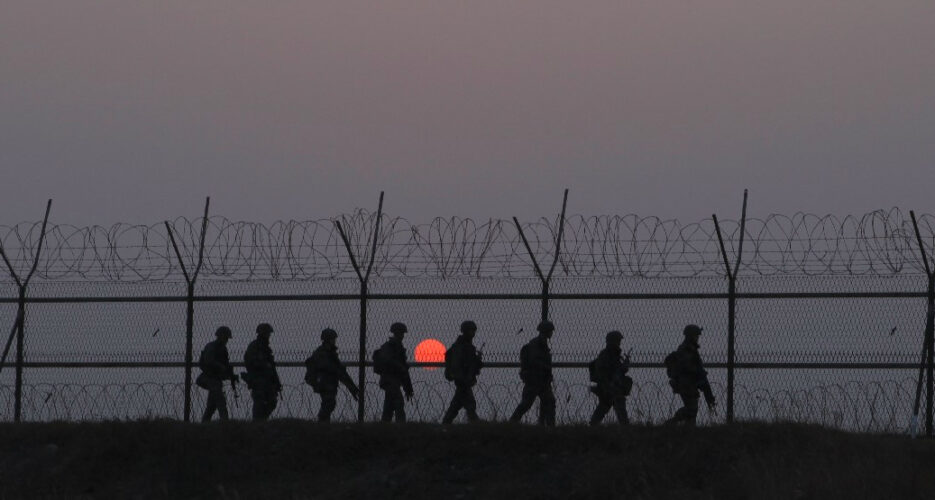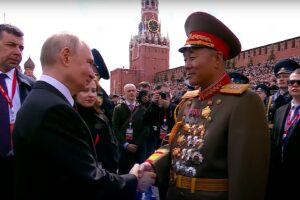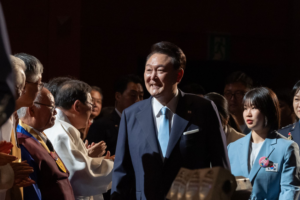Unification ministry op-ed: Why South Korea had to stop leaflet launches
Suh Ho, the vice minister at the Ministry of Unification, penned an exclusive op-ed about South Korea's leaflet bill
Republic of Korea Marine Corps
The following article is an opinion piece by Suh Ho, vice minister of South Korea’s Ministry of Unification. Views expressed in opinion articles and columns are exclusively the author’s own and do not represent those of NK News.
The following article is an opinion piece by Suh Ho, vice minister of South Korea’s Ministry of Unification. Views expressed in opinion articles and columns are exclusively the author’s own and do not represent those of NK News.
Try unlimited access
Only $1 for four weeks
-
Unlimited access to all of NK News: reporting, investigations, analysis
-
Year-one discount if you continue past $1 trial period
-
The NK News Daily Update, an email newsletter to keep you in the loop
-
Searchable archive of all content, photo galleries, special columns
-
Contact NK News reporters with tips or requests for reporting
Get unlimited access to all NK News content, including original reporting, investigations, and analyses by our team of DPRK experts.
Subscribe
now
All major cards accepted. No commitments – you can cancel any time.
© Korea Risk Group. All rights reserved.
No part of this content may be reproduced, distributed, or used for
commercial purposes without prior written permission from Korea Risk Group.













